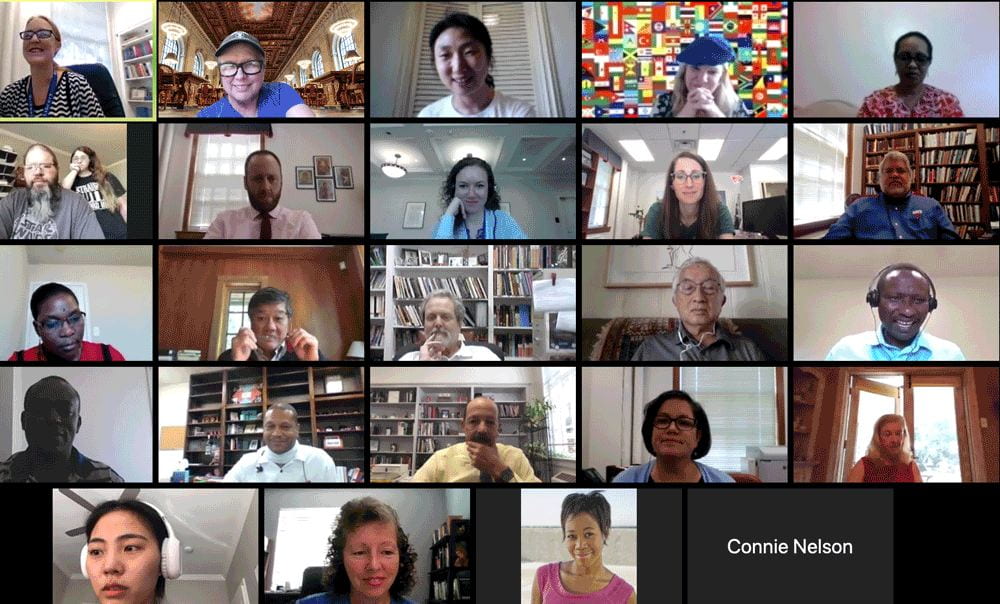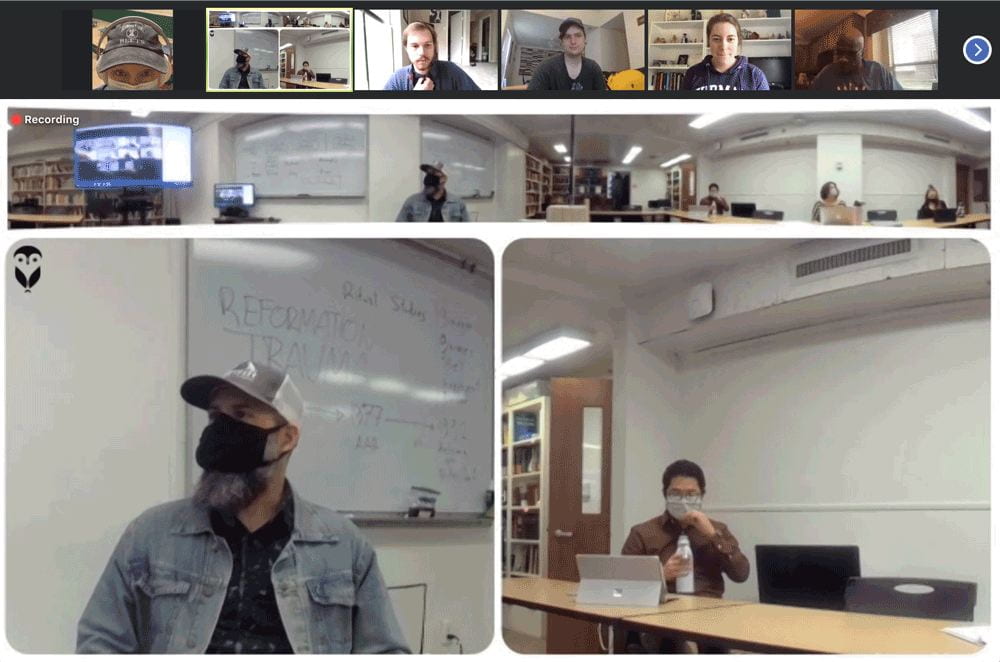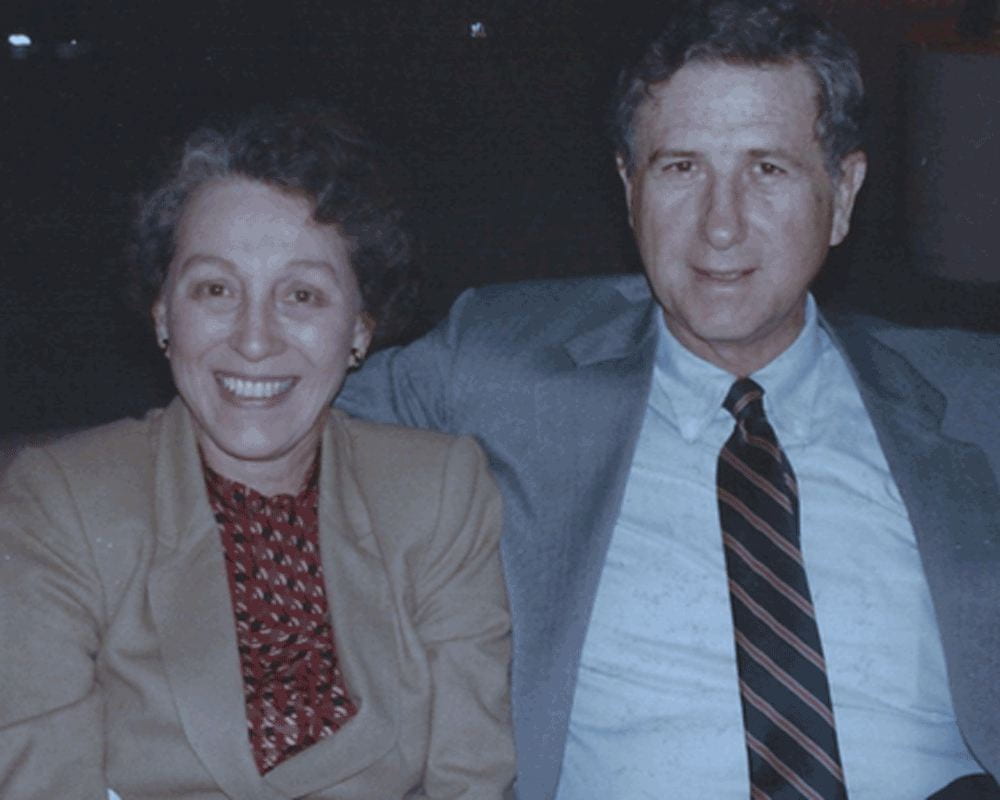“When he looked up and saw a large crowd coming toward him, Jesus said to Philip, “Where are we to buy bread for these people to eat?”…Philip answered him, ‘Six months’ wages would not buy enough bread for each of them to get a little.’ One of his disciples, Andrew, Simon Peter’s brother, said to him, ‘There is a boy here who has five barley loaves and two fish; but what is that among so many?’” (John 6:5, 7-9)
It is a recurring story in Scripture. God presents someone with a great work to do, and the one called shrinks before the task, acutely aware of their own insufficiency. In the midst of a global pandemic, in a society riven with tensions over racial inequality, in a season of political turmoil, who among us is not tempted to quail in the face of such overwhelming challenges?
As in so many other cases, Moses is the prototype. God appeared to Moses in Midian in a burning bush, saying:
“I have seen the affliction of my people who are in Egypt, and have heard their cry because of their taskmasters; I know their sufferings, and I have come down to deliver them out of the hand of the Egyptians, and to bring them up out of that land to a good and broad land, a land flowing with milk and honey…”
“Come, I will send you to Pharaoh that you may bring forth my people, the sons of Israel out of Egypt.” But Moses said to God, “Who am I that I should go to Pharaoh…?”
And God said, “But I will be with you…”
You likely know the story. Moses then objected that the people would not listen to him. God proceeded to give Moses a number of miraculous signs that he could display to authenticate his calling. Moses still held back.
“Oh, but I am not eloquent…but I am slow of speech and of tongue.” (Exodus 3 & 4)
“Five barley loaves and two fishes; but what is that among so many?”
As first a professor and now a dean at a theological school, I have heard many “call stories” in which students recount some experience or series of events that led them to enter the ministry. Understandably, these narratives are often told with satisfaction and even enthusiasm. That is good and right, but I sometimes wonder if it was quite so clear and the response quite so resolute as it is told in hindsight. Even the great prophet Jeremiah, acutely aware of his own limitations, expressed doubt about his ability to answer God’s call:
The word of God came to Jeremiah saying, “Before I formed you in the womb I knew you, and before you were born I consecrated you; I appointed you a prophet to the nations.”
Then Jeremiah said, “Behold, I do not know how to speak, for I am only a youth.”
But God said, “Do not say, ‘I am only a youth’; for to all to whom I send you, you shall go, and whatever I command you, you shall speak. Be not afraid of them, for I am with you to deliver you”. (Jeremiah 1)
“Five barley loaves and two fishes; but what is that among so many?”
The lesson in each story is the same: “Do not say…for I will.” God has not asked us to do what is for us impossible, only what is possible for God.
The apostle Paul had endured a number of difficult, even humiliating setbacks, from which he learned a vital lesson about God’s provision. He appears to have suffered particularly from some unspecified physical ailment, possibly eye disease (Gal. 4:15). This may be what he calls his “thorn in the flesh,” about which the apostle wrote,
Three times I besought God about this, that it should leave me; but God said to me, “My grace is sufficient for you, for my power is made perfect in weakness.”
I will all the more gladly boast of my weaknesses, that the power of Christ may rest upon me. For the sake of Christ, then, I am content with weaknesses, insults, hardships, persecutions, and calamities; for when I am weak, then I am strong. (2 Cor. 12)
“Five barley loaves and two fishes; but what is that among so many?”
There is a world in need all around us. We look to that need, and we look to ourselves, and if we are honest, we see that we have only five barley loaves and two fishes. And if we do not look also to God, that is all we ever will have.
Someone once suggested that it’s not ability, but availability, that counts with God, and there’s much to be said for that perspective. God can use the humble, who will take time to listen, more than the proud, who are too self-absorbed to hear God’s voice. Paul himself put it this way:
God chose what is foolish in the world to shame the wise, God chose what is weak in the world to shame the strong…so that no human being might boast in the presence of God. (1 Cor. 1:27, 29)
Similarly, Jesus prayed:
“I thank you…because you have hidden these things from the wise and intelligent and have revealed them to infants…for such was your gracious will.” (Luke 10:21)
These are hard sayings, not least in an academic setting, since we are inclined to think ourselves wise and learned, to imagine that we have a great deal more to offer than a mere five barley loaves and two fishes. It is a cautionary word. We should not limit God by our strengths. However valuable they are, they are only a part of the whole. Moses, Jeremiah, Paul—they all had their gifts, their training, their personal qualities that God could use. Nevertheless, God met them at their point of weakness, and it was there that God was able to channel their strengths as God desired.
You might well feel inadequate to serve God in the face of so much need. You are right. We all are. So, let us offer the little we have, fully recognizing its insufficiency. God can multiply the gift, but only when it is offered.
‘Five barley loaves and two fishes; but what is that among so many?’
In the hands of Jesus, it is enough.



















